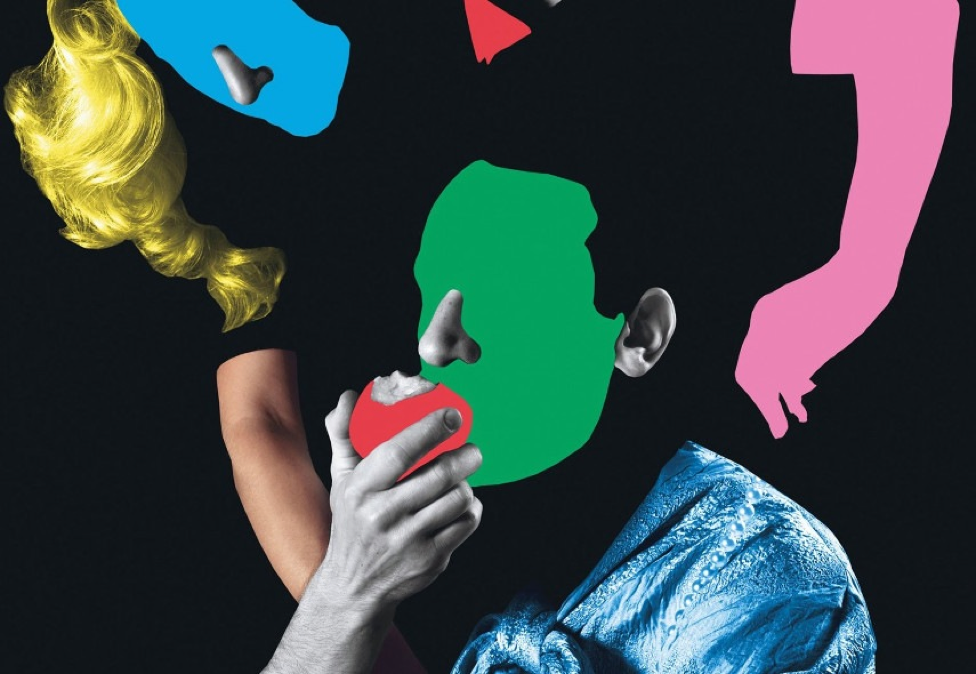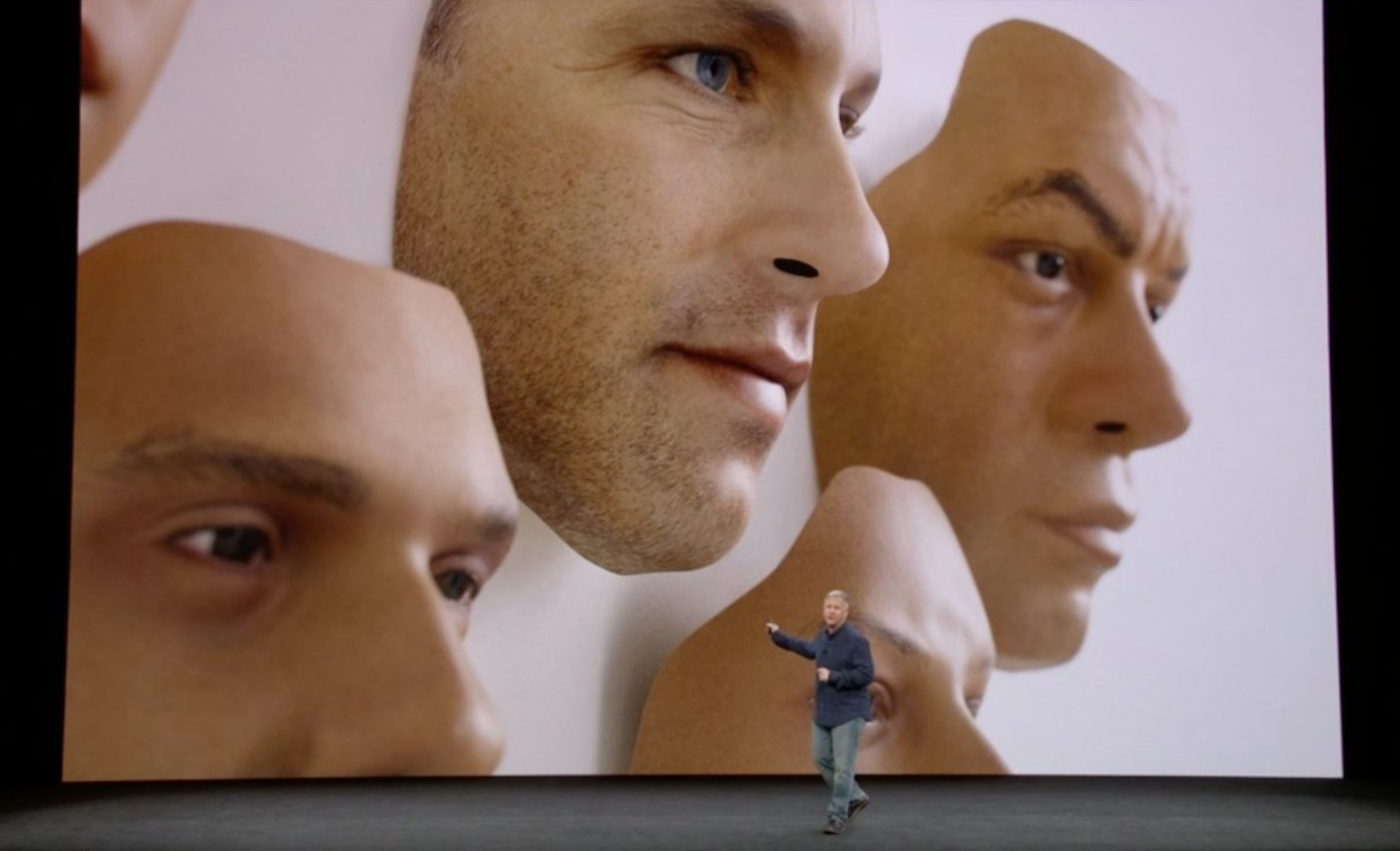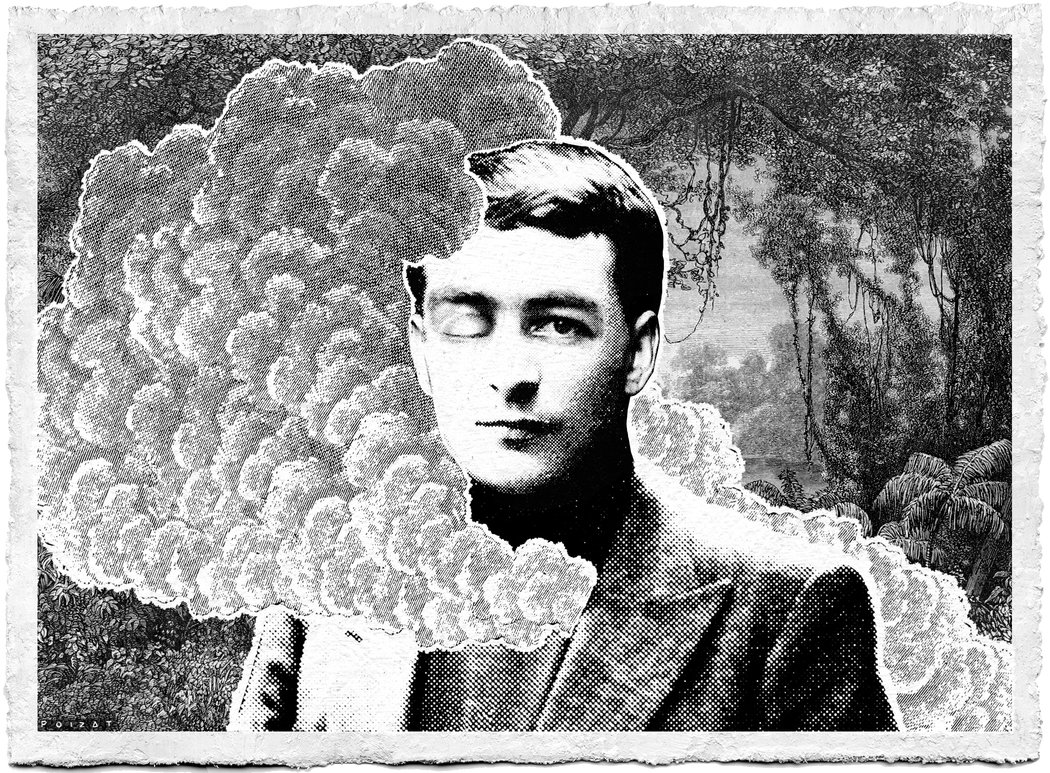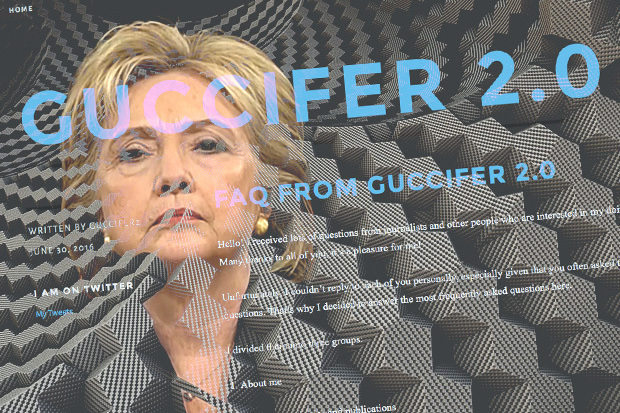
I have inadvertently heard the song “Closer” so many times that sometimes I hear it even when it’s not being played. What I once took to be a constant in my life, an allegedly reassuring acoustic verification of my ongoing physicality—my heartbeat—has been aggressively replaced by the song’s superficial, Day-Glo, Capri Sun beat. In a sense, I admire the song’s ambition, its desire to aspire higher—apparently, permeating the airwaves is not enough for “Closer.” It wants to extend itself into new psychological realms, infiltrate the cerebral networks of the adolescent masses, leak its toxic sugar into every crevice of our collective consciousness until one day suddenly we are not living our lives anymore—we are just living in the imagined idyllic lifeworld of the song, intangible figments residing in the corporeal actualization of the self-obsessed chart-topping hit. No longer will we be independent autonomous beings — we will exist only in relation to this aural “simulacrum of human feeling.”
Maybe this thread of self-reflection is what makes the song so popular—maybe the reason it has been re-re-replayed is that it arguably can be perceived as a reflection on universal human feelings that are difficult to directly acknowledge. Maybe converting these difficult truths into fruity electronic beats is how we tacitly learn to confront them.









